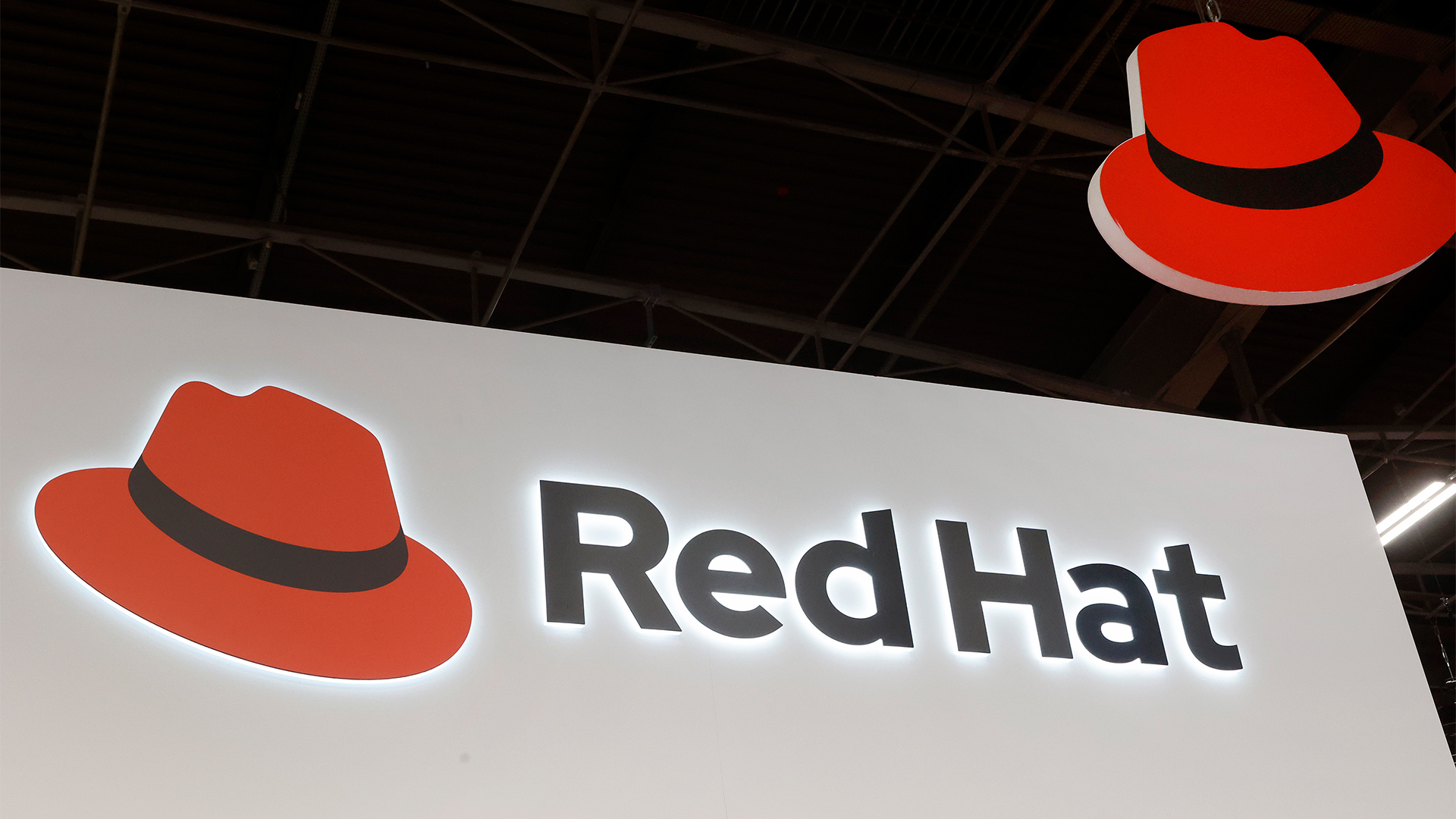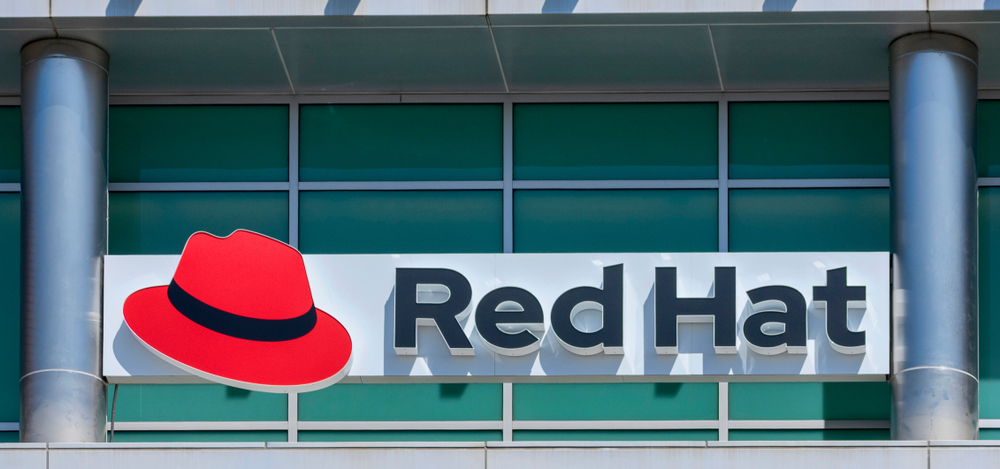Red Hat launches OpenShift 4.8
The updated Kubernetes platform will feature more dev tools and pipeline enhancements


Sign up today and you will receive a free copy of our Future Focus 2025 report - the leading guidance on AI, cybersecurity and other IT challenges as per 700+ senior executives
You are now subscribed
Your newsletter sign-up was successful
Red Hat has unveiled the latest version of its OpenShift Kubernetes platform with a series of enhancements and new features.
The firm said Kubernetes-powered cloud platforms must span all hybrid cloud infrastructure and the variety of workloads and applications running on the platform, hence the new functionality. It added that the latest version would provide “a common foundation to more consistently develop, deploy and run a hybrid mix of applications and services.”
OpenShift 4.8 now features IPv6/IPv4 dual-stack and IPv6 single stack support to provide applications with interoperability and communications for environments using IPv6 in addition to IPv4, such as in cloud-native network functions for telecommunications and government agencies worldwide that require IPv6 support. Red Hat said this capability provides additional security for applications, including regulatory compliance.
The platform's Pipelines will let users define, version, and track changes to their application delivery pipelines alongside their application source code in Git repositories.
Red Hat said developers can now rely on the Git workflow to automate the deployment of their CI/CD pipelines. This would also leave an audit trail as Git commits as the pipelines are collaboratively updated throughout their lifecycle.
There are also enhancements to the OpenShift console, such as the ability for Spring Boot developers to code and test locally before sharing the code more broadly. Additionally, to further improve development with Serverless, Red Hat OpenShift 4.8 enables advanced scaling options for the developer console.
RELATED RESOURCE

New OpenShift Serverless functions capability will also allow developers to create and run functions on-demand on OpenShift. Red Hat said this is currently available as a technology preview and would remove the burden of manual infrastructure provisioning and scaling.
Sign up today and you will receive a free copy of our Future Focus 2025 report - the leading guidance on AI, cybersecurity and other IT challenges as per 700+ senior executives
Also debuting are OpenShift sandboxed containers. These are based on the Kata Containers open source project and provide a more secure container runtime using lightweight virtual machines.
Joe Fernandes, vice president and general manager of Cloud Platforms at Red Hat said with the latest OpenShift version, organizations would be able to run a “diverse mix of workloads from data driven intelligent applications to the mission critical traditional applications that teams are working to modernize."
Red Hat OpenShift 4.8 is expected to be available in July, including the ability to try it on the Developer Sandbox for Red Hat Openshift.
Rene Millman is a freelance writer and broadcaster who covers cybersecurity, AI, IoT, and the cloud. He also works as a contributing analyst at GigaOm and has previously worked as an analyst for Gartner covering the infrastructure market. He has made numerous television appearances to give his views and expertise on technology trends and companies that affect and shape our lives. You can follow Rene Millman on Twitter.
-
 ITPro Excellence Awards winners unveiled
ITPro Excellence Awards winners unveiledIt's time to celebrate excellence in IT. Read on for the full list of winners...
-
 This new mobile compromise toolkit enables spyware, surveillance, and data theft
This new mobile compromise toolkit enables spyware, surveillance, and data theftNews The professional package allows even unsophisticated attackers to take full control of devices
-
 Choosing the best path for virtualization
Choosing the best path for virtualization -
 Hybrid cloud is complicated – Red Hat's new AI assistant wants to solve that
Hybrid cloud is complicated – Red Hat's new AI assistant wants to solve thatNews The new assistant from Red Hat can draw upon a range of private and public AI models
-
 Orange eyes cloud native gains with Red Hat deal
Orange eyes cloud native gains with Red Hat dealNews Orange has signed a deal with Red Hat to enhance the underlying common telco cloud foundation for Orange International Networks.
-
 T-Mobile dials up cloud efficiency drive with Red Hat OpenShift deal
T-Mobile dials up cloud efficiency drive with Red Hat OpenShift dealNews T-Mobile has selected Red Hat OpenShift to power its telco cloud as part of a push to streamline services.
-
 Red Hat Enterprise Linux is coming to the Nutanix Cloud Platform — here’s what you need to know
Red Hat Enterprise Linux is coming to the Nutanix Cloud Platform — here’s what you need to knowNews The Nutanix Cloud Platform will now leverage Red Hat Enterprise Linux for traditional operating system capabilities
-
 Realize the full value of your hybrid cloud
Realize the full value of your hybrid cloudWhitepaper An open hybrid cloud platform from IBM and Red Hat is a catalyst for innovation and business value
-
 Red Hat offers free hybrid cloud training to partners
Red Hat offers free hybrid cloud training to partnersNews The company will be building its free curriculum throughout the year and believes the skills can be used to add significant value to partner offerings
-
 Red Hat Kubernetes management update aims to boost hybrid cloud automation
Red Hat Kubernetes management update aims to boost hybrid cloud automationNews Red Hat Advanced Cluster Management for Kubernetes 2.3 also promises tighter integration with Red Hat Ansible Automation Platform
